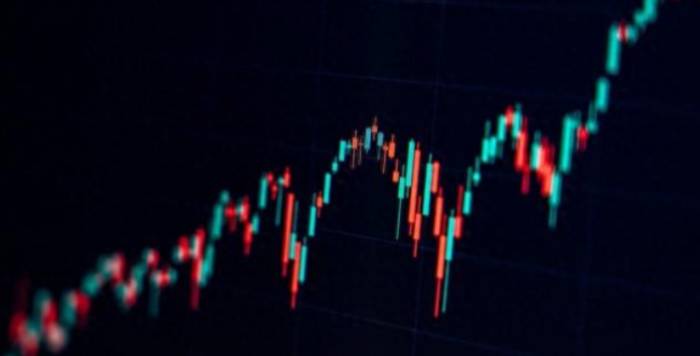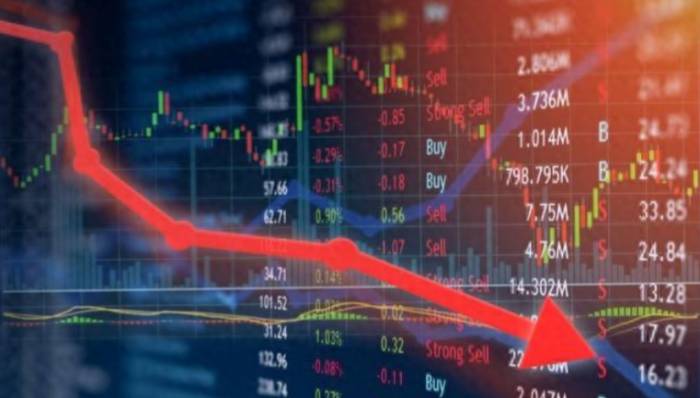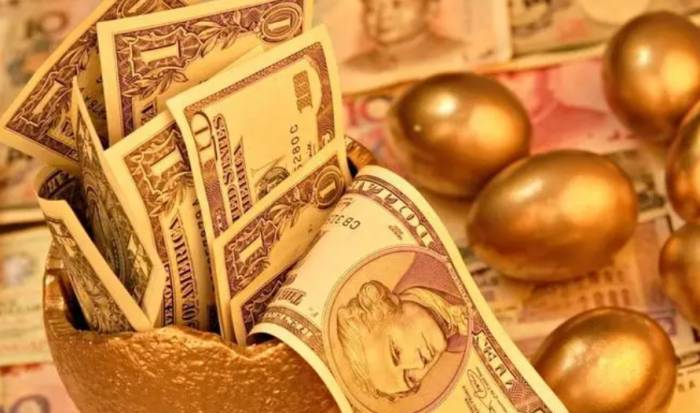In the vast ocean of stock market investment, countless investors are trying to find the golden key that can unlock the door to wealth. However, the fluctuations and uncertainties of the stock market often make investors feel confused and helpless. This article will reveal the three great secrets of investing in the stock market, helping investors to find their own positioning in the stock market and achieve stable investment returns.
1. Acknowledging one's own mediocrity, ignorance, and incompetence is the first step towards the right path of stock investment.
Many people refuse to admit their own ignorance, mediocrity, and incompetence throughout their lives. In fact, the more people refuse to admit their own ignorance, mediocrity, and incompetence, the more ignorant, mediocre, and incompetent they become. When I entered the stock market in 1996, I was full of confidence, thinking that I was gifted and destined to be the future stock market god.
However, the stock market taught me a ruthless lesson. It took me many years to admit that I had no talent, I was no smarter than others, and making money mainly depended on luck. Only then did my investment start to go on the right track. Many stock investors refuse to admit their mediocrity. In their eyes, value investment masters such as Warren Buffett, Peter Lynch, and John Neff are far less intelligent than themselves, and their short-term trading skills are the best in the world.
After ten or twenty years, facing their bleak investment returns, they still only remember the trades where they made money, looking for various excuses for their investment failures, but they are unwilling to admit their mediocrity. In fact, only when people realize their own mediocrity and incompetence can they continue to learn and progress. Otherwise, if you are already at the level of a stock market god, do you still need to learn and progress?
Most people cannot make money in the stock market for ten or twenty years because they think too highly of themselves, are unwilling to admit their mistakes in investment, and are unwilling to reflect and learn. True investment masters generally regard factors such as national fortune, market opportunities, and luck as the most important factors for their success. They think they are just the lucky ones of the times.
2. Giving up unrealistic goals is the beginning of maturity in stock investment.
When I first entered the stock market, my goal was to make a profit of 100% every year. It took me ten years to realize how unrealistic my initial goal was. Now, my investment goal is an annualized return of 10%.
In the first few years after entering the stock market, my idea was to buy low and sell high, precisely catching the high and low points of each wave. Ten years later, I understood that it was something only a god could accomplish. Being able to buy at a relatively low position is already a very remarkable operation.My current understanding is that being trapped after buying stocks is the norm in stock investment. It is quite normal for the stock to not rise for months or even years after purchase. It is also acceptable to have a floating loss of more than 50%. To make a lot of money, enduring the roller coaster market is the inevitable price to pay.
However, most people's understanding is that being trapped after buying stocks is a failure in stock investment. The stock should rise significantly within a few months at the latest, and making money within a year is considered a success. A floating loss of 50% is considered a complete collapse. It is necessary to sell at a high point and buy back at a low point; riding the roller coaster is considered foolish behavior.
Taking the index prediction of the market as an example: I believe that below 3000 points is the bottom. Buying below 3000 points and the index falling to 2700 points or 2400 points is also normal and does not count as a failed judgment. Because, people cannot precisely predict the market. Being trapped after buying below 3000 points for one or two years, or even three to five years, is also normal, as humans do not have the ability to precisely predict when the market will emerge from the bottom.
However, most people believe that buying at 3000 points and the market falling to 2800 points is a failed prediction. After buying at 3000 points, the market must rise significantly within a few months, at most within a year, to be considered a correct index prediction. Otherwise, it is considered a failure and an incompetent judgment. In their eyes, the stock market can be precisely predicted, as if the stock market is their own family business. A while ago, when the stock market fell to over 2600 points, they did not buy because they believed they had the ability to precisely predict the stock market. Their prediction was that the stock market had not yet reached the bottom. Their goal is to buy at a point where the stock will rise as soon as they buy, and at least not fall after buying. What an unrealistic goal!
III. Recognizing the cycle of heaven and the cycle of all things is the beginning of making money.
Human nature never changes, and the market always oscillates between greed and fear, which is the cycle. The way of heaven is to take away the surplus and supplement the deficiency. The way of humans is to take away the deficiency and offer the surplus, which is the reason for the formation of the cycle. Only by recognizing the way of heaven can we treat the stock market from a long-term perspective.
Investors should treat stock market investment from a long-term perspective and avoid being disturbed by short-term market fluctuations. The reason why I can now hold patiently is that I believe there is a cycle of the four seasons, and the stock market has bull and bear markets. After many years of a bear market, a bull market will inevitably appear.
However, many people's thoughts are that after a bear market, it will always be a bull market forever. They do not admit the cycle and do not recognize the cycle. They all think in a linear way.
Last year, when the Hang Seng Technology Index fell sharply, I bought the Hang Seng Technology Index Fund when everyone was afraid. I believe that there is a cycle in the market, and buying at a low point will not be wrong. In the end, the Hang Seng Technology Index rose by tens of percentage points.
For example, many years ago, I bought Chang'an Automobile when the automotive industry was in a slump, and finally sold it and made three times the profit when the automotive industry boomed. I bought Yili Shares when the stock plummeted due to the melamine scandal, and finally made a big profit. When BYD's stock was at a limit down, I bought BYD, and finally made more than double the profit.Investing in the stock market is not an easy task, but by acknowledging one's mediocrity, abandoning unrealistic expectations, and recognizing the cycle of fate, investors can face the market more rationally and formulate investment strategies that suit themselves. These three great secrets are not only the beginning of enlightenment and awakening in investment, but also the prelude to investors embarking on the path to wealth slowly. Remember, investing is a marathon, not a sprint. Only those who can persist to the end can achieve true success in the stock market.





























